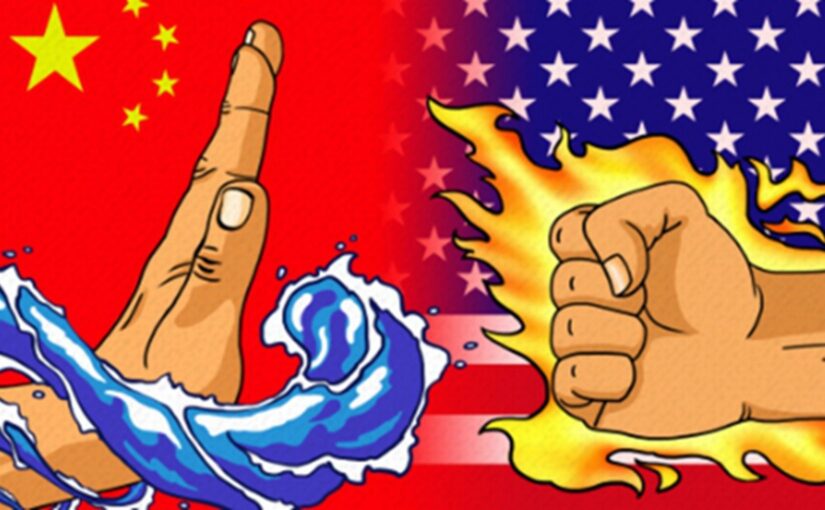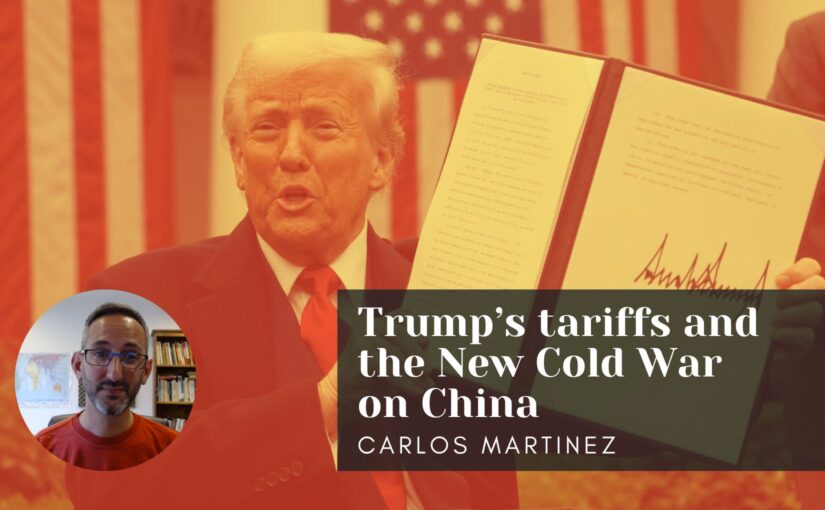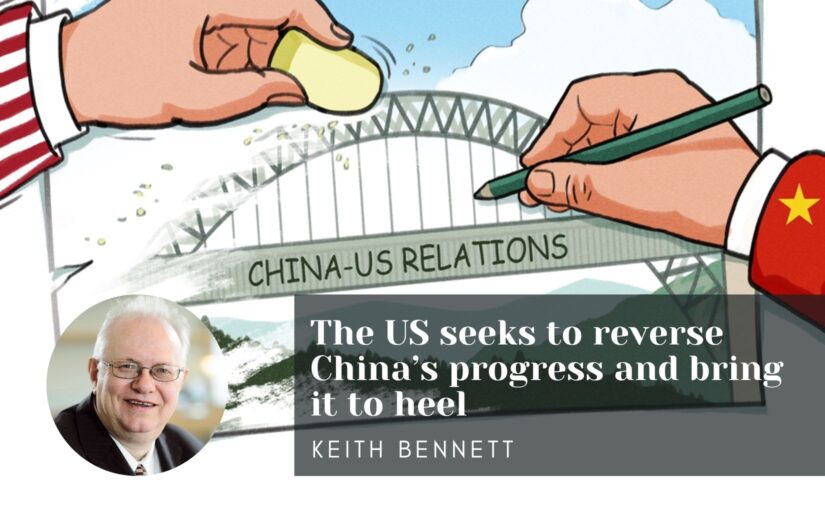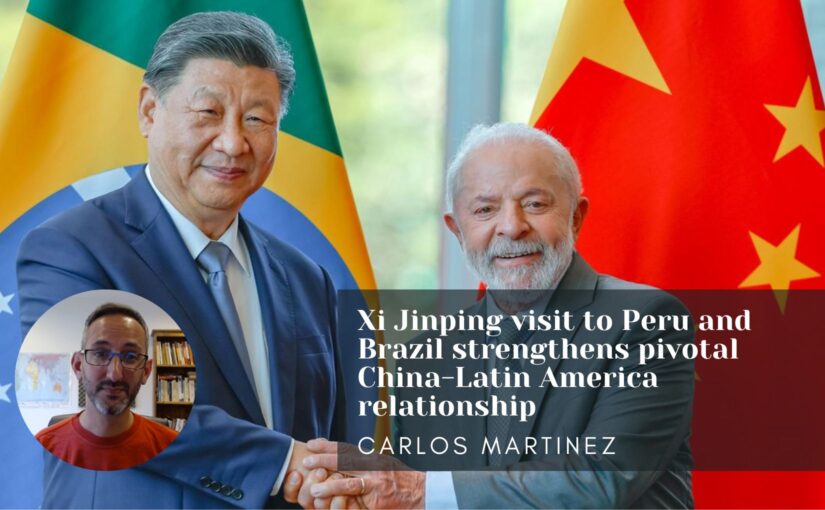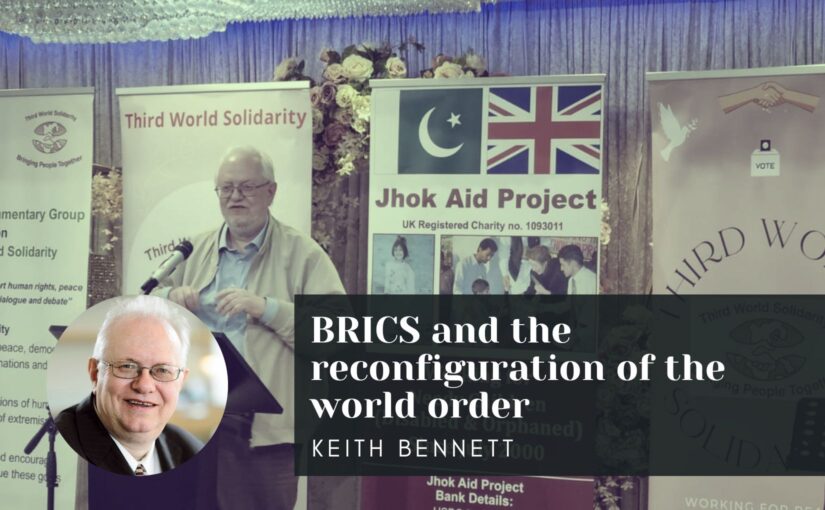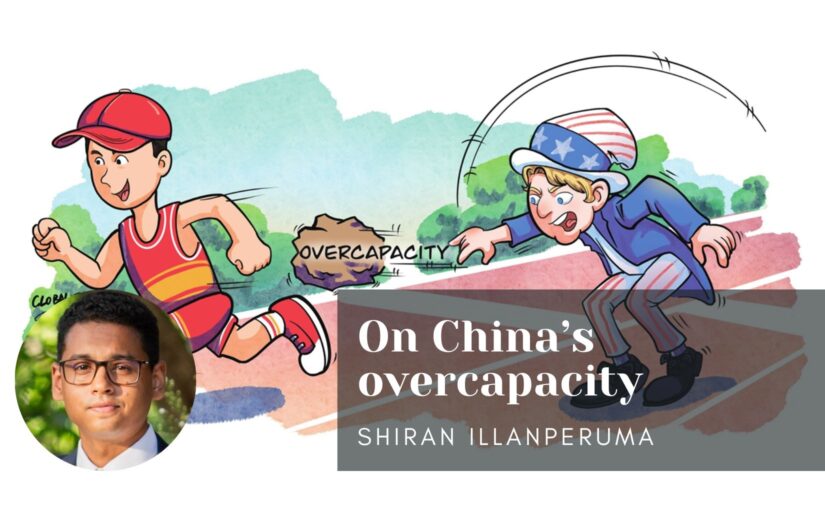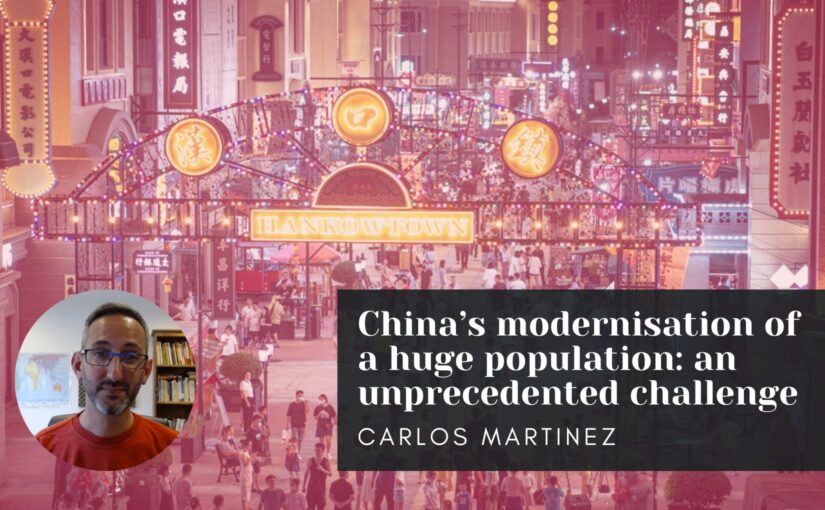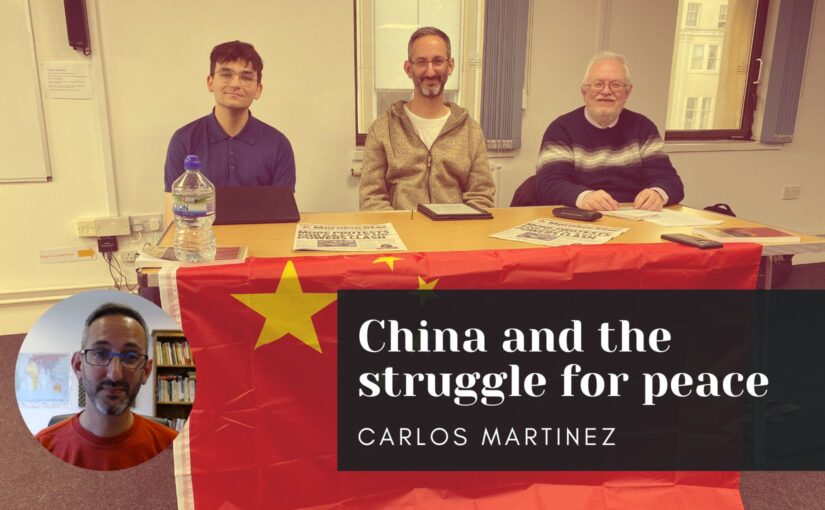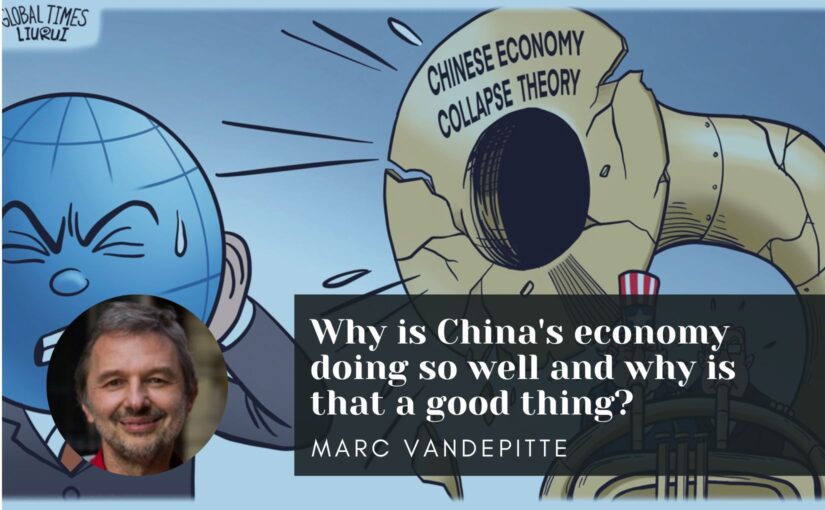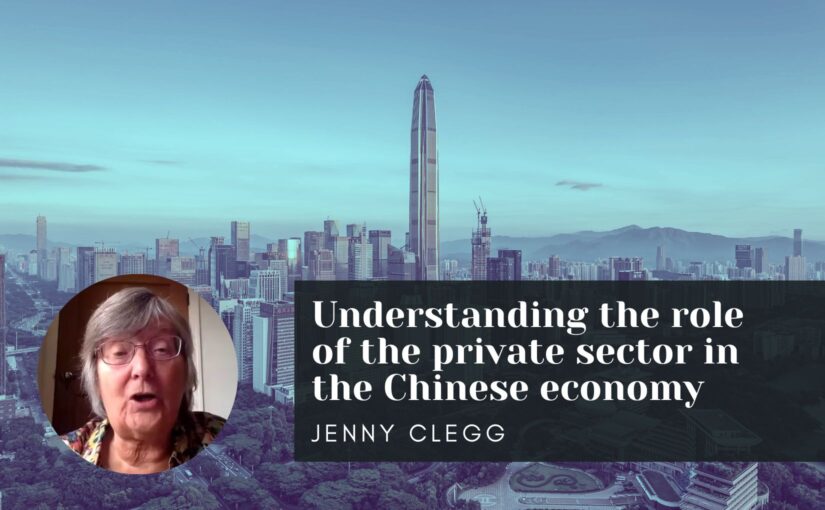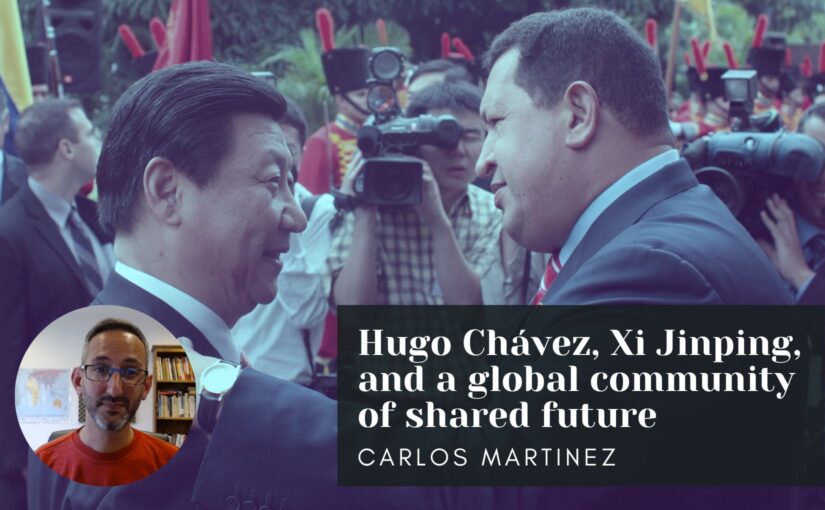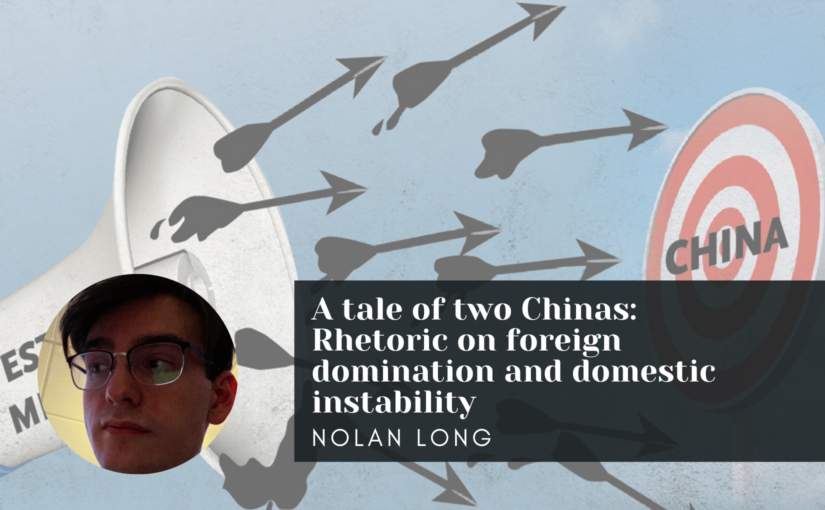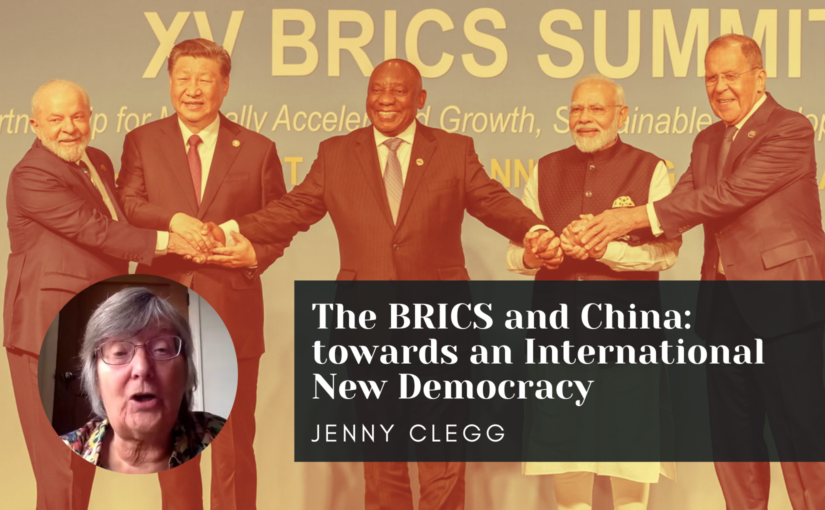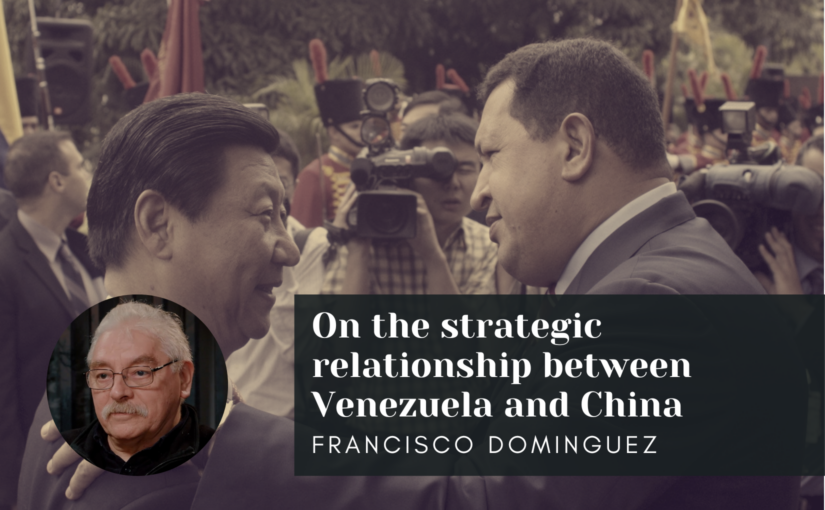In the following report, our co-editor Keith Bennett reflects on witnessing the grand parade in Beijing marking the 80th anniversary of China’s victory in the War of Resistance Against Japanese Aggression and the Global Anti-Fascist War.
Keith notes that the parade impressively showcased advanced military technology—ranging from hypersonic missiles and drones to nuclear-capable systems—demonstrating China’s defensive strength. Yet, the article stresses, China’s military power is not for domination but to safeguard the Chinese people and contribute to world peace.
President Xi’s address summed up the principal lesson of China’s victory: that justice will prevail, peace will prevail and the people will prevail. Keith observes:
That this vision enjoys ever greater support was shown by the presence of more than two dozen heads of state and government, along with numerous other dignitaries, the majority of them from the Global South, or Global Majority. This underlined, as did the largest ever gathering of the Shanghai Cooperation Organisation just two days previously, that the days when a handful of colonialist, imperialist or hegemonist powers could dominate world affairs have gone forever. If some countries choose to stay away from or seek to undermine this inexorable multipolar dynamic it will only precipitate their decline.
The article was also published by China Today and Morning Star, and is quoted extensively in China Daily.
To be able to witness the grand military parade marking the 80th anniversary of the victory of the Chinese People’s War of Resistance Against Japanese Aggression and the World Anti-Fascist War was an unforgettable experience.
As President Xi pointed out, this was the first complete victory won by the Chinese people in their struggle against foreign aggression and also made a major contribution to the triumph of the people of the world against fascism.
China had promised to show the world the advances in its defensive capabilities. And with an array of new equipment displayed for the first time, including nuclear-capable intercontinental ballistic missiles; a land, sea and air nuclear triad; all-weather hypersonic missiles; reconnaissance and strike drones; unmanned ship-based helicopters; advanced electronic counter-measure equipment; cyberspace warfare equipment; unmanned aerial vehicles; hypersonic anti-ship missiles; long range artillery and new generation tanks, among others, it certainly didn’t disappoint on that front.
But that was not all that left a lasting impression. Unlike some other countries, China’s military might is not there to dominate others, not to bully, oppress, occupy or exploit, but solely to provide a secure basis, a great wall of iron and steel, for the Chinese people to live a peaceful and happy life and to help secure, preserve and defend world peace.
In stark contrast to those who grotesquely speak of other countries being “on the menu”, President Xi again pledged his country to peaceful development. Only when nations across the world treat each other as equals and mutually support one another, he pointed out, can the root cause of war be eliminated, and can we prevent historical tragedies from recurring, by building a community of shared future for humanity.
The lesson of the great victory, he pointed out, was that justice will prevail, peace will prevail and the people will prevail.
That this vision enjoys ever greater support was shown by the presence of more than two dozen heads of state and government, along with numerous other dignitaries, the majority of them from the Global South, or Global Majority. This underlined, as did the largest ever gathering of the Shanghai Cooperation Organisation just two days previously, that the days when a handful of colonialist, imperialist or hegemonist powers could dominate world affairs have gone forever. If some countries choose to stay away from or seek to undermine this inexorable multipolar dynamic it will only precipitate their decline.
The western media may express consternation, whether real or feigned, at the foregrounding of Russian President Vladimir Putin and DPRK leader Kim Jong Un among the honoured foreign guests. They choose to overlook the undeniable fact that it was the peoples of China and the Soviet Union who made the greatest national sacrifice to rid the world of fascist barbarism and save human civilisation. And they equally choose to overlook that Kim Jong Un’s own grandfather fought shoulder-to-shoulder with his Chinese comrades-in-arms against the Japanese aggressors in northeast China. All this found poignant expression as the three leaders greeted war veterans together at the start of the ceremony.
Many other things touched me today. The culmination featuring the release of 80,000 doves and 80,000 multicoloured balloons, reminding us that everything China does is for the sake of peace.
The pride, passion and patriotism with which service men and women and civilians alike joined in singing the national anthem and the Ode to the Motherland.
As you would expect for an event of this scale, organisation was meticulous and logistics were complex but flawless. Security was, of course, necessarily tight. But unlike in any capitalist country none of the security personnel carried arms. And whilst they were there to assist people as much as anything else, they were by far outnumbered by the kind, self-confident and enthusiastic young women and men volunteers one encountered every few steps, on hand to offer whatever help anyone might need. Every one of them a credit to socialist China and a guarantee of its bright future. Every one of them able to realise their dreams thanks to the heroes and martyrs who laid down their lives 80 years ago.

